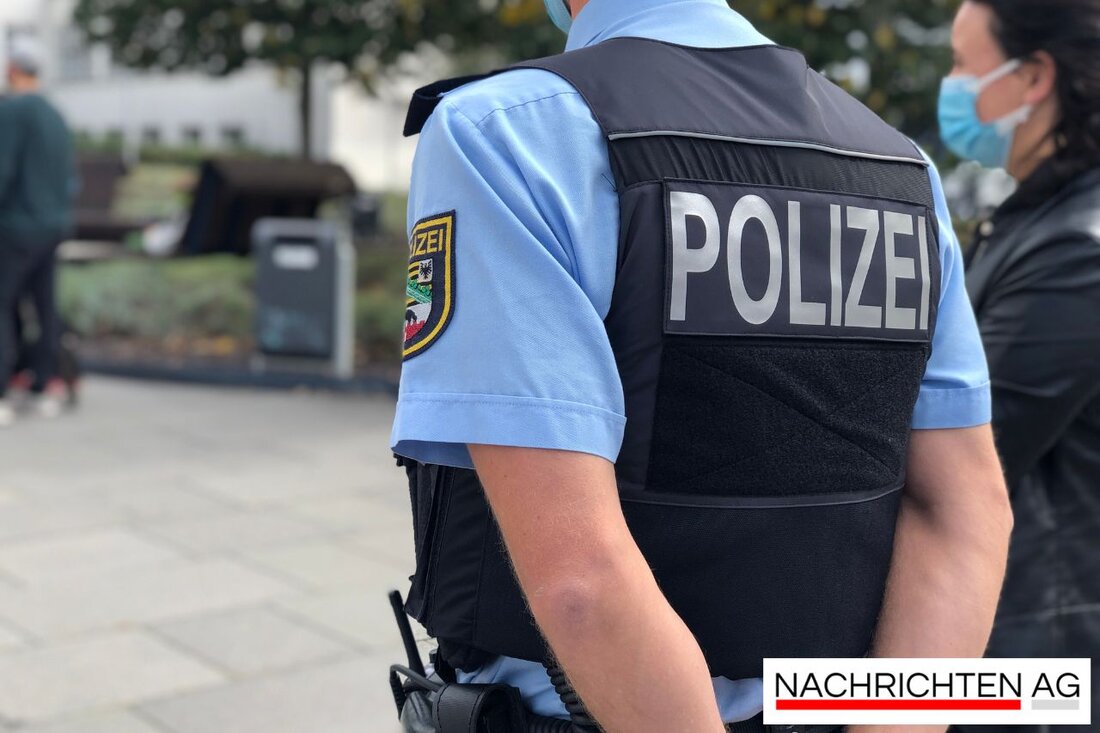IS boss Abu Walaa: Fight against his deportation in court!
IS boss Abu Walaa: Fight against his deportation in court!
Abu Walaa, who became known as Germany's terrorist militia Islamic State, is fighting against its designation from Germany. He was convicted of ten years and six months in prison, during which he still remains in prison on the Lower Rhine. The negotiation before the Düsseldorf Administrative Court will take place on Wednesday (Az. 27 K 7349/23). Walaa already made an urgent application against its designation last year, which, however, largely failed. This reports Sächsische.de .
The main procedure deals with the withdrawal of his residence permit and obligations after the release of prison, such as reporting to the police and the determination of his place of residence. The administrative court has confirmed the legality of its expulsion and argues that the dangers of national security through Walaa weigh more heavily than the concerns of his seven children. According to the judges, the protection of public security is a priority and justifies the measure.
The background of Walaa's conviction
Abu Walaa was convicted by the Celle Higher Regional Court, and this judgment was confirmed several times by the Federal Court of Justice. The criminal trial, which lasted three and a half years, uncovered a network through which young people radicalized and sent to fight for the Islamic state. Walaa was imam of the mosque of the forbidden association of German -speaking Islam district Hildesheim, a center of extremist views.
A co -accused had temporarily housed Anis Amri, the later assassin of Breitscheidplatz in Berlin. Walaa and others were arrested in November 2016. In the court judgments, it is repeatedly emphasized that Walaa was determined for both legal and security reasons. His risk of deportation to Iraq, where he would have to expect the death penalty, were also discussed.
radicalization and their social consequences
The radicalization of young people and the associated extremism problems are also the focus of research. Studies, as published by the Federal Center for Political Education , analyzing which social and cultural factors contribute to the fact that Drift young people into extremist circles. Different research shows information about the motives that lead to the acceptance of radical ideologies - these ranges from social isolation to a deep desire for identity and belonging.
This problem is increasingly taken seriously in terms of society. The state institutions are asked not only to react with repressive measures, but also to develop preventive approaches to extremism prevention. Walaa's case is a further proof of the challenges that Germany is facing with Islamist extremism.
| Details | |
|---|---|
| Ort | Düsseldorf, Deutschland |
| Quellen | |


Kommentare (0)